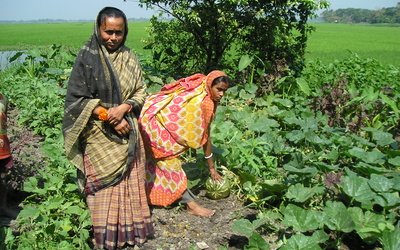
On Wednesday December 4th 2019 Both ENDS together with Heinrich Böll Stiftung from he US organises a side event at the UNFCCC COP in Madrid: Can the GCF Catalyze Inclusive, Gender-Responsive Local Climate Action Globally and in Latin America?
_________________________________________________________________________________________________
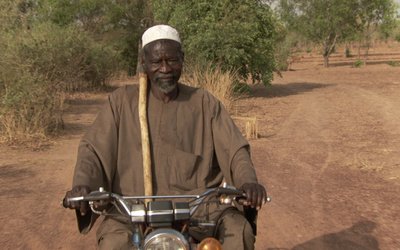
Today, the Right Livelihood Awards 2018 will be presented in Stockholm. One of the four people who will receive the prize this year is Yacouba Sawadogo, 'the man who stopped the desert'. Yacouba, a farmer from Yatenga, Burkina Faso, is one of the founders of so-called 'Farmer Managed Natural Regeneration' with which degenerated and dry areas are becoming green and fertile again. According to Both ENDS, Yacouba's award is very well-deserved!
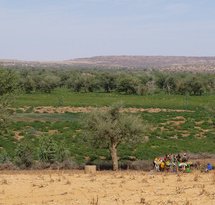
Many people in the desertifying Sahel region have to choose: claim their land back from the desert, or leave their farms behind. In 2017, Both ENDS started a new project here, introducing a method for regreening the landscape: Farmer Managed Natural Regeneration (FMNR). It has proven itself in Niger, where we worked on FMNR for 15 years. By 2017, 15.000 ha of dryland had been regreened.
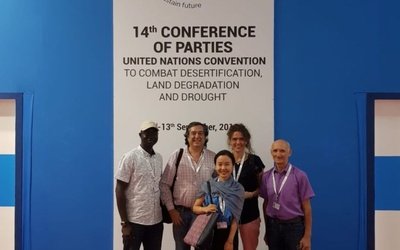
The second United Nations Convention to Combat Desertification (UNCCD) was held from 2 to 14 September in New Delhi, India. Our colleague Nathalie has been working together with many civil society organisations for several years to show the UNCCD that large numbers of local communities around the world are working on sustainable land use and on combating desertification and land degradation, and that land-use security is essential.
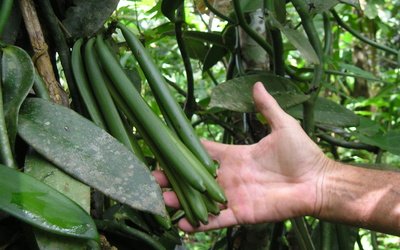
All around the world small-scale farmers are using sustainable and inclusive methods to produce food. Working together with nature and each other, they provide their families and communities with sufficient and healthy food. But their production methods are under pressure from large-scale agriculture and the globally dominant system of industrial food production. Together with our partners, Both ENDS is trying to turn the tide in favour of sustainable, local practices that are mostly known as 'agro-ecological' or 'nature-inclusive'. Why are we focusing on these methods? Agro-ecological practices are climate-proof and inclusive and increase the opportunities for communities around the world to produce their food sustainably.
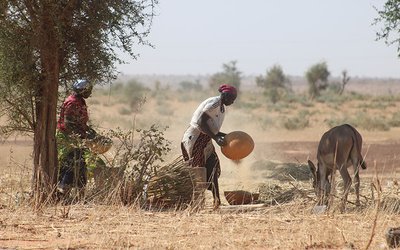
Today, an op-ed by Nathalie van Haren and Stefan Schüller was published in the Dutch national newspaper De Volkskrant about the IPCC's latest report "Climate Change and Land". Below you find the English translation.
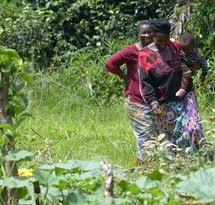
Globally, the area that is suffering desertification and land degradation is ever expanding. Unsustainable and often large-scale agricultural practices, including the copious use of pesticides and fertilisers, are a major driver of land degradation, aprocess that is further exacerbated by climate change, causing more erratic rainfall patterns, longer periods of drought and unpredictable growing seasons. This is very problematic not only for the hundreds of millions of people who directly depend on land and water for their livelihoods, but also for life on earth as a whole. It is clear that this process must be stopped and reversed, better sooner than later. But how to go about it?